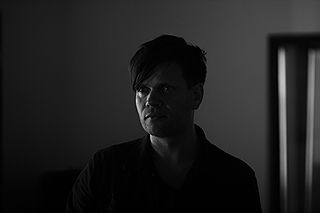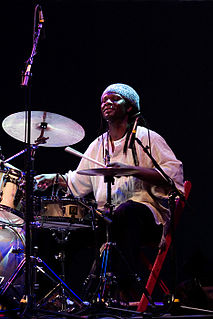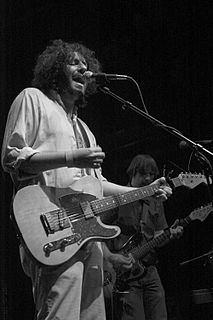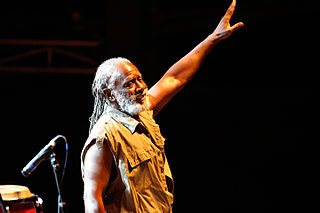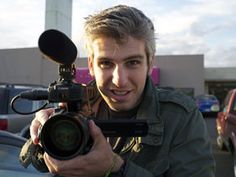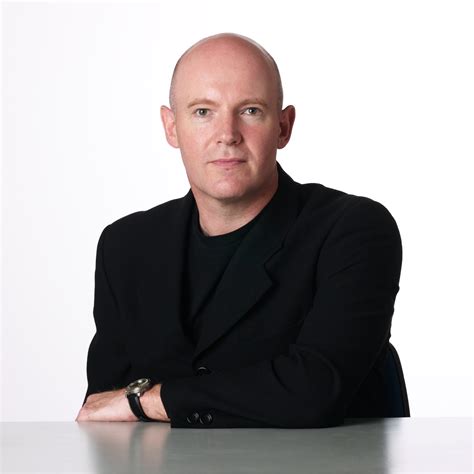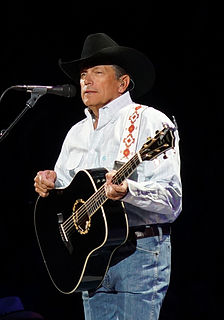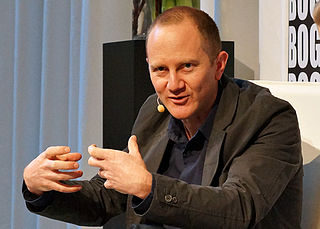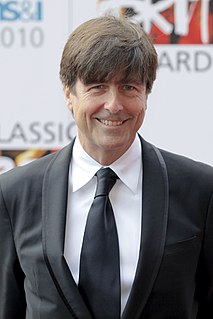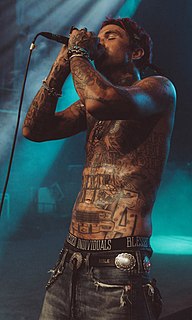A Quote by Trentemøller
I think that the creative process, especially in the beginning of making an album, I'm feeling very fragile, so to speak, because you are trying out so many different ideas, and if you are listening to it from the outside, it would sound horrible!
Related Quotes
On the last album, I didn't want to disturb the melody with too many stories. This time, I wanted to know if I was able to create images with words, with the sound of words.(...) I think that’s a good thing when the one who is listening, is feeling it in a different way that the one who creates. We are all listening with different perspectives.(...) I don’t want to impose my subjectivity to the listener.
When I started doing improvise music in Europe, in the beginning I thought the way that Europeans were interpreting the reconstruction of deconstruction of this thing that we call jazz - of course it's different than what Americans do, because Europeans have a different history, a different sensibility and so forth - the nature of the creative process itself it's the same; but what comes from that creative process is different, because you have a different history, you have a different society, different language.
I actually do see rock and roll as pop music. I think the distinction I was making was that I was going out of my way to have a very consistent approach to production, where nothing kind of punctures the reality - or, I guess, the fake reality - of the album and what you're listening to from beginning to end.
Designing for me is a very complex process. There are many ideas that I want to express in one object, very often contradictory. The creative process in Miu Miu is completely different from that of Prada. Miu Miu is not as complicated and thought out as Prada. Rather than being young, Miu Miu is immediate Prada is very sophisticated and considered; Miu Miu is much more naive. The solution, when I am working on Miu Miu, has to come immediately, instinctively, spontaneously with whatever is available at the moment. If I think three times, I stop.
People have been listening to Burning Spear for a long time now, and they know who I am and what I stand for. Yes, I do address many of the same ideas from album to album, adding only a little different flavor or coloring. Yes, the message has remained virtually the same because the issues haven't gone away yet.
I try to listen to a lot of music when I'm in the mixing process of a record, when I'm in post-production and trying to get everything to sound a certain way. During the writing process, I tend not to listen to too much music. I obviously wear a lot of influences on my sleeve, but if I was listening to too many records, I would turn into too much of a monkey.
Separate out the creative act from the act of editing and execution. Make it a two-step process. First, let ideas flow and encourage EVERY idea to make it to the whiteboard. Don't criticize, judge, edit, budget, or worry. An idea on the wall can't hurt anyone, so let them rip without restriction. After any and all ideas have the opportunity to "come out to play", only then should you apply your analytical and logical side to the effort. Don't mix the creative process with the editing process or you'll kill your ideas before they even get a fighting chance.
I think my ideal man would speak many languages. He would speak Ibo and Yoruba and English and French and all of the others. He could speak with any person, even the soldiers, and if there was violence in their heart he could change it. He would not have to fight, do you see? Maybe he would not be very handsome, but he would be beautiful when he spoke. He would be very kind, even if you burned his food because you were laughing and talking with your girlfriends instead of watching the cooking. He would just say, 'Ah, never mind'.
I think some people need the assurance of people around them and ideas worked out in advance. I think it keeps me an edge that to be creative on the spot. You have to think of things to do when you meet people. You limit your choices from the beginning. So I don't bring a lot of lenses, cameras, all these elements that can help the picture to a shooting. You confine yourself to, say, one room and you just make it work. You become very creative in that little space. You have left a lot of other options out of the game.
When I start to write a song, I initially fall into patterns and creative habits that are familiar, and because they're familiar, they sound convincing. It's important for me to not pursue those ideas, because I've already done them, but to find ideas that are different and feel strange to write and disconcerting to write.
